What is a smart contract?
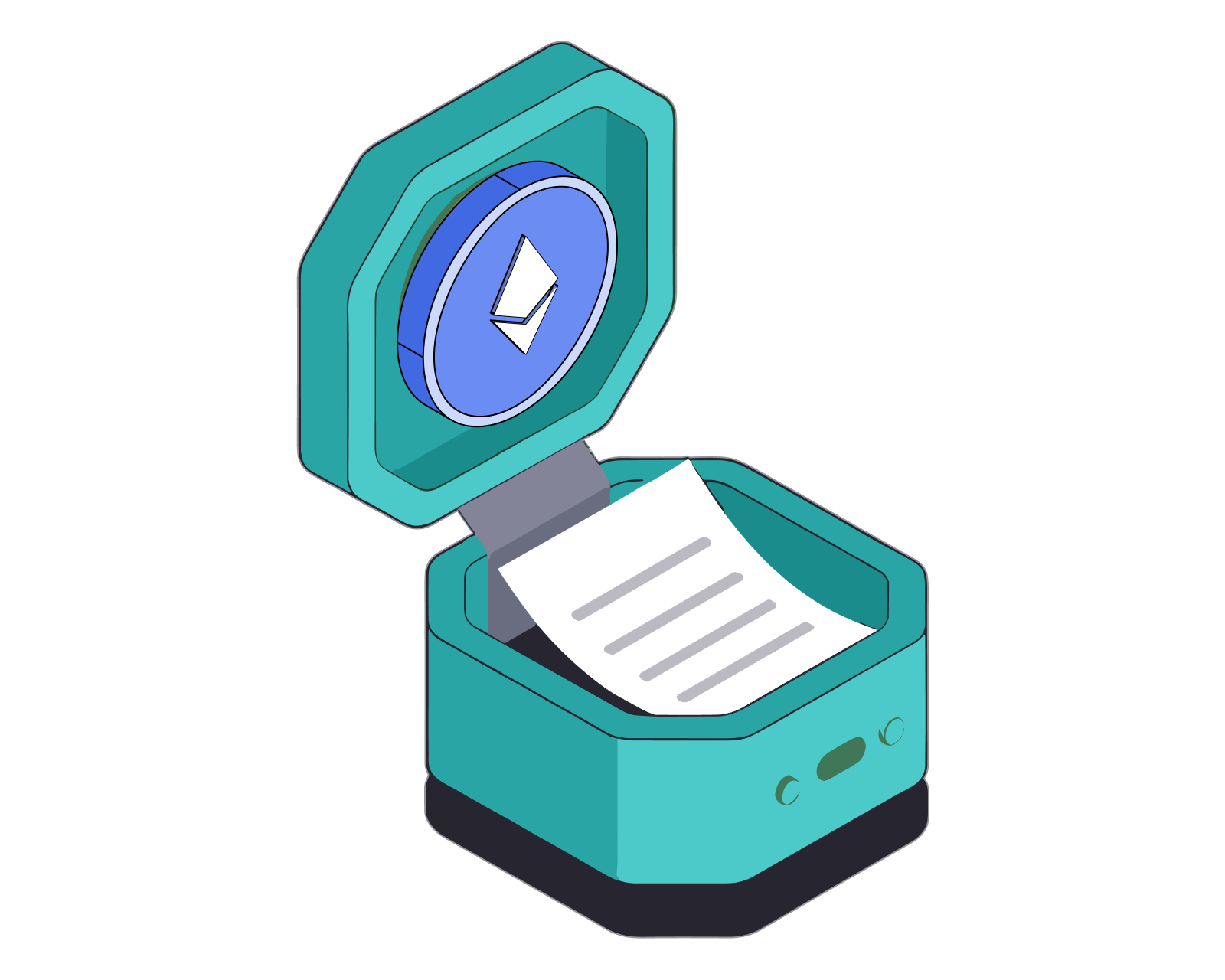
Table of Contents
What is a Smart Contract?
A smart contract is like a computer program that lives and operates on a special network called a blockchain. This network is 'trustless,' meaning anyone can check and confirm the information it holds. While often associated with newer blockchains like Ethereum, even Bitcoin utilizes smart contracts, though with some limitations.
History and Origins of Smart Contracts
Ethereum was designed, in part, to expand upon Bitcoin's smart contract capabilities. This resulted in the Ethereum network becoming a 'Turing complete state machine' – essentially, a shared computer accessible to everyone. Smart contracts on this network can theoretically perform any computation a regular computer program can, potentially hosting diverse applications like messaging apps, games, or even social media platforms.
However, current decentralized networks face limitations in speed and cost, restricting the types of applications they can support. This is explored further in our Blockchain Trilemma article. It's also important to note that Ethereum was just the first of many networks aiming to create a shared, accessible computing platform.
Why Use Smart Contracts on Decentralized Networks?
You might wonder why someone would choose a decentralized network over centralized cloud computing services like Amazon Web Services (AWS), especially given the latter's speed and affordability. The answer lies in the trade-offs made for that speed and cost.
Smart contracts on decentralized networks offer a higher level of security and transparency. Since anyone can verify the information on the network, there's less need to trust a central authority like a bank. This reduces the risk of fraud, hacking, or errors, as the execution of the contract is publicly verifiable.
While not necessary for all applications, this trustlessness is particularly valuable for use cases involving money or assets. For example, a digital trading card game, a platform for exchanging assets, or a system for sending and receiving cryptoassets could all benefit from the security and transparency of smart contracts.
How Smart Contracts Work
Imagine a decentralized network like Ethereum as a giant, shared computer. Smart contracts are the programs that run on this computer. Developers write these contracts in a programming language and then deploy them to the network.
Deploying a smart contract means creating a special address on the network. Anyone can interact with this contract by sending the network's native token to its address. For Ethereum, this would be ETH. This triggers the contract's code, which executes automatically based on pre-defined rules, much like an "if this, then that" sequence in regular programming.
For example, a simple Ethereum smart contract could be programmed to divide 1 ETH sent to its address into 12 equal parts and send them to a designated address monthly, effectively acting as a trust fund.
In essence, smart contracts can eliminate the need for intermediaries in certain scenarios. In our trust fund example, we bypass the need for lawyers and escrow accounts. We simply trust the code to execute the agreement as intended.
Smart contracts are being used in increasingly complex ways to create Decentralized Applications (dApps) that enable things like permissionless asset exchange and even games where players have true ownership of digital assets.
Read more: What is a dApp? and What is a Confirmation?
Token Sales and Smart Contracts
One of the most common uses for smart contracts is conducting token sales. A token sale, sometimes called an Initial Coin Offering (ICO), is the initial distribution phase of a new cryptocurrency or token.
Token sales serve several purposes:
- Distribution: They allow projects to distribute tokens to a community of supporters.
- Community Building: They can help align a community around a shared project and its goals.
- Fundraising: They can be used to raise funds for a project's development.
Smart contracts are used to define the rules of the token sale, such as the token price, the number of tokens available, and the vesting schedule (when and how tokens are distributed to buyers). This ensures a fair and transparent process.
Read more: What is a Token Sale?
Airdrops and Smart Contracts
Airdrops are another way that projects use smart contracts to distribute tokens. In an airdrop, a project sends free tokens to users who meet certain criteria, such as holding a specific asset or using a particular platform.
Smart contracts can automate the process of determining eligibility for an airdrop and distributing tokens accordingly. This ensures fairness and transparency, as the rules are pre-defined and publicly verifiable on the blockchain.
Read more: What is an Airdrop?
The Future of Smart Contracts
Smart contracts are still a relatively new technology, but they have the potential to revolutionize the way we interact and do business. As the technology continues to develop, we can expect to see even more innovative and impactful use cases emerge.
Some potential future applications of smart contracts include:
- Supply Chain Management: Tracking products and verifying their authenticity throughout the supply chain.
- Voting and Governance: Creating more secure and transparent voting systems.
- Decentralized Identity: Managing and verifying identities without the need for central authorities.
As blockchain technology and smart contracts mature, they hold the potential to transform industries and empower individuals in unprecedented ways.
Related guides
Start from here →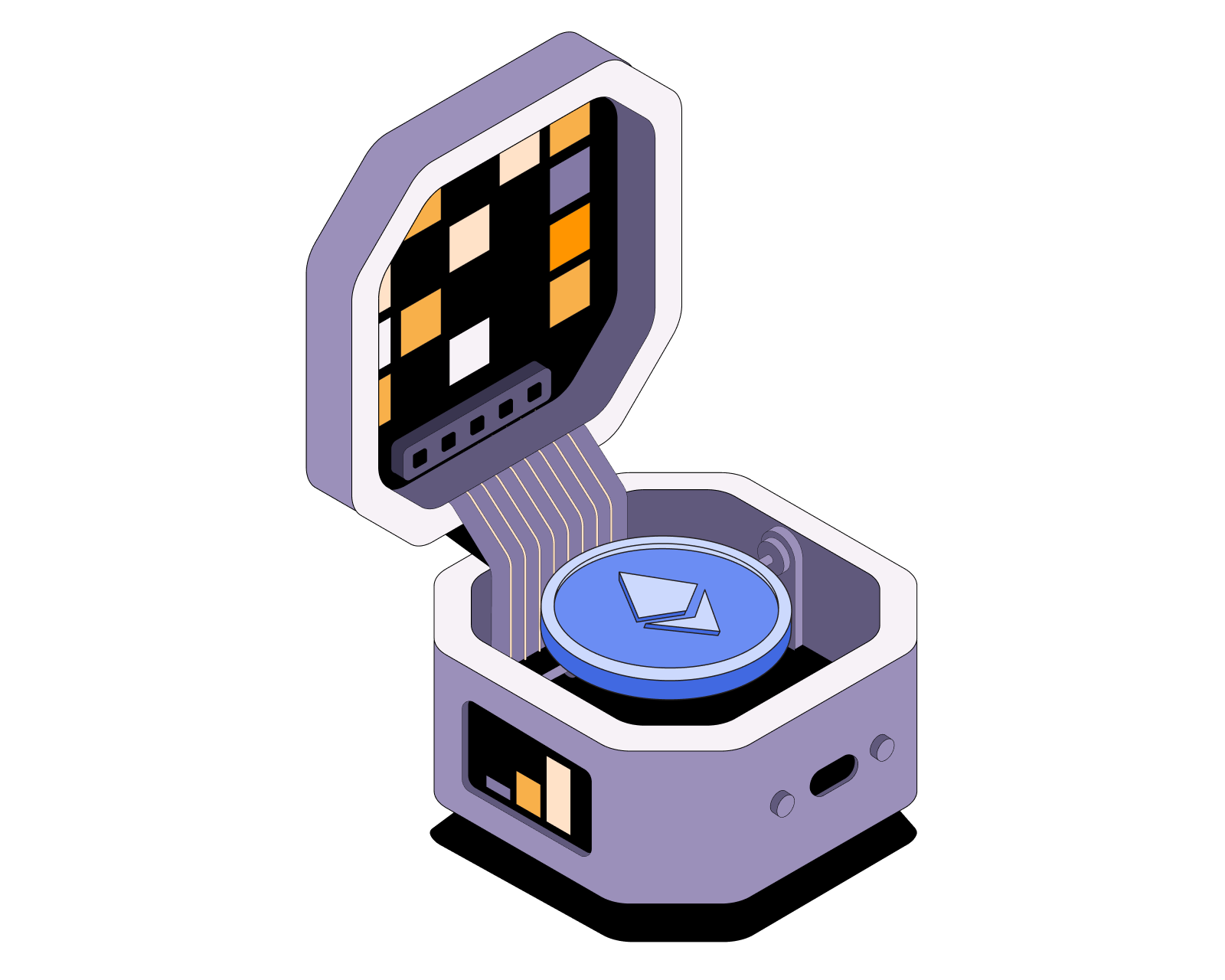
What is Ethereum?
Understand Ethereum's key characteristics.

What is Ethereum?
Understand Ethereum's key characteristics.
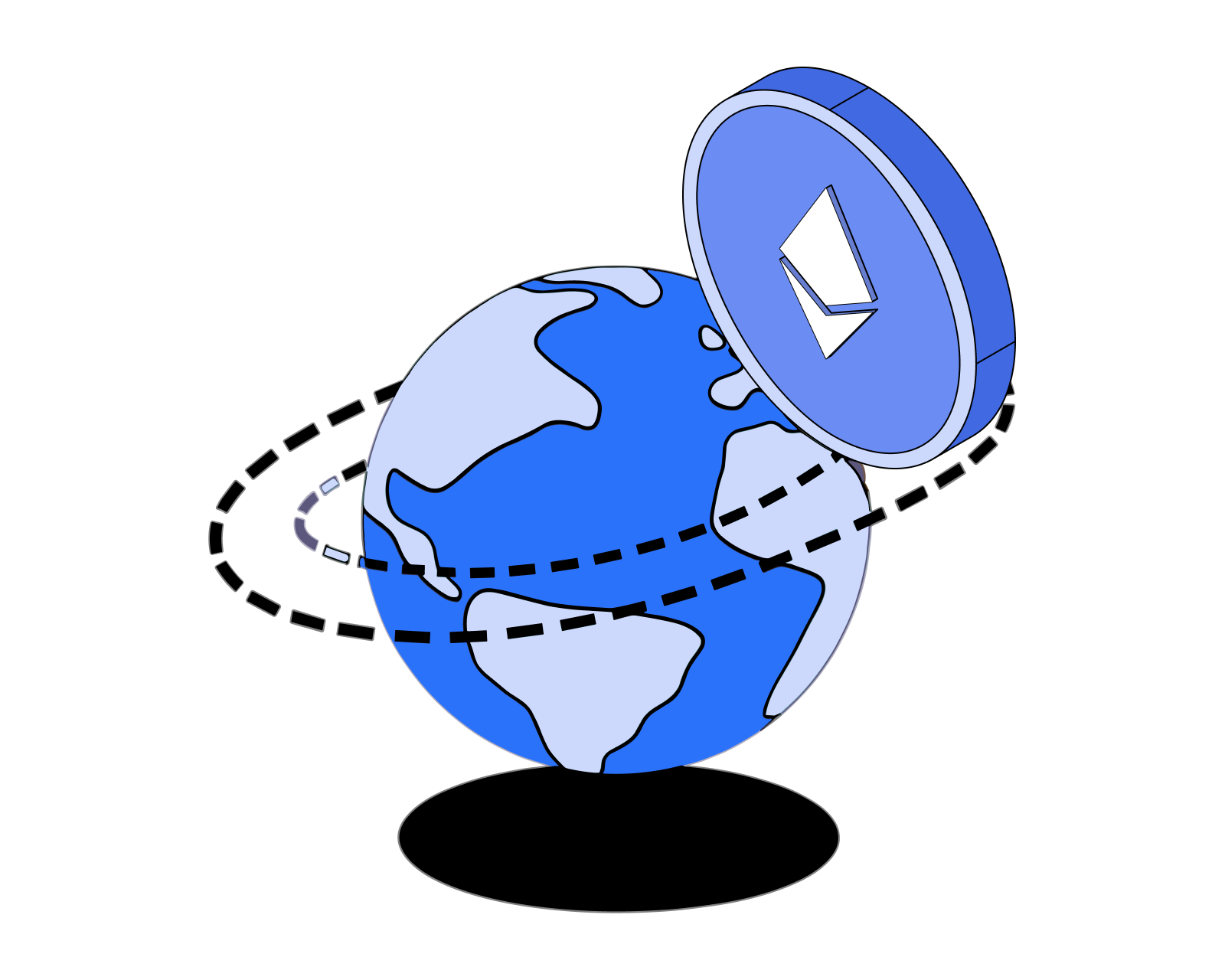
What is ETH used for?
Understand the function and utility of ETH.

What is ETH used for?
Understand the function and utility of ETH.
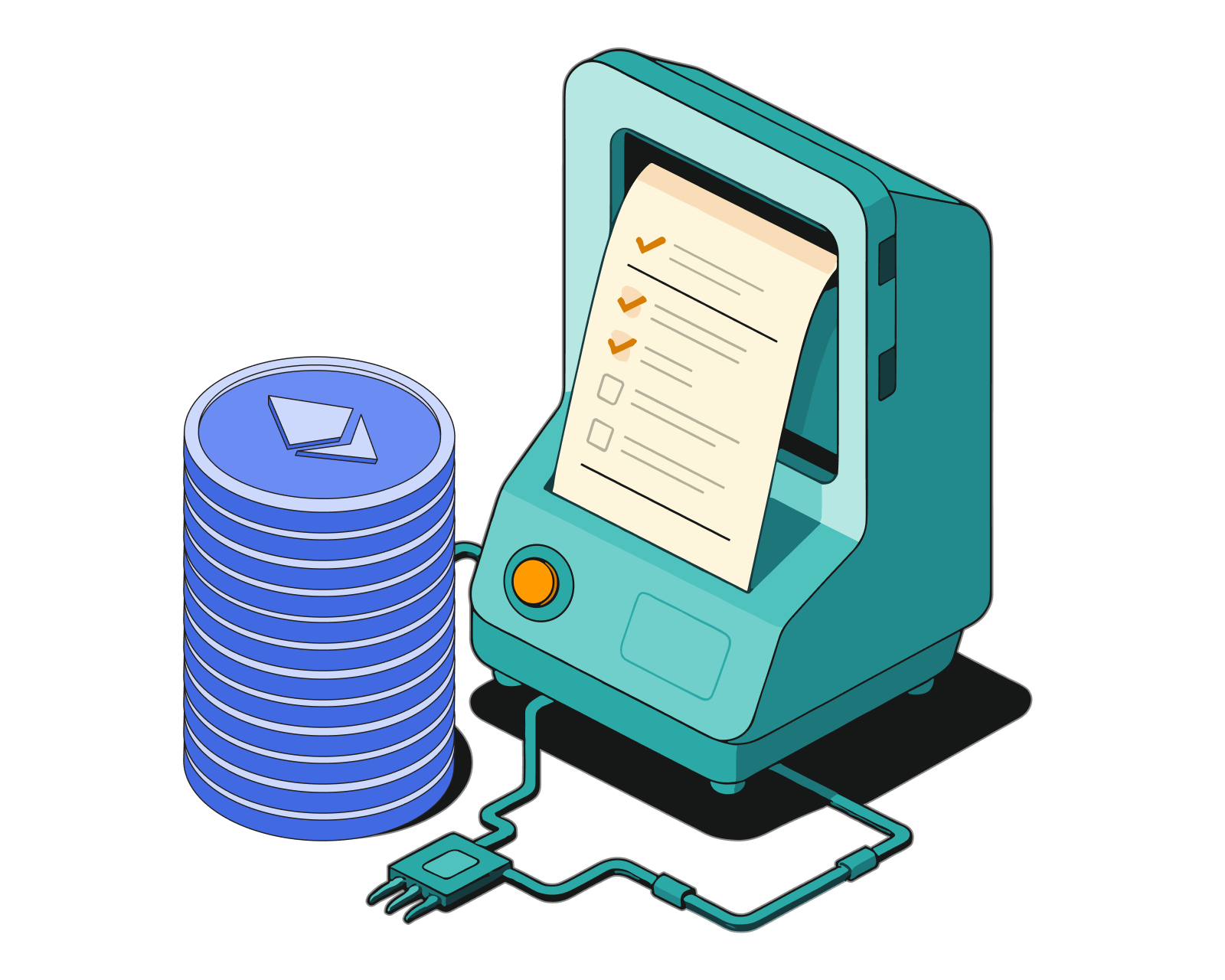
What are ERC-20 tokens?
Learn the basics of the Ethereum token standard, what ERC-20 tokens are used for, and how they work.

What are ERC-20 tokens?
Learn the basics of the Ethereum token standard, what ERC-20 tokens are used for, and how they work.
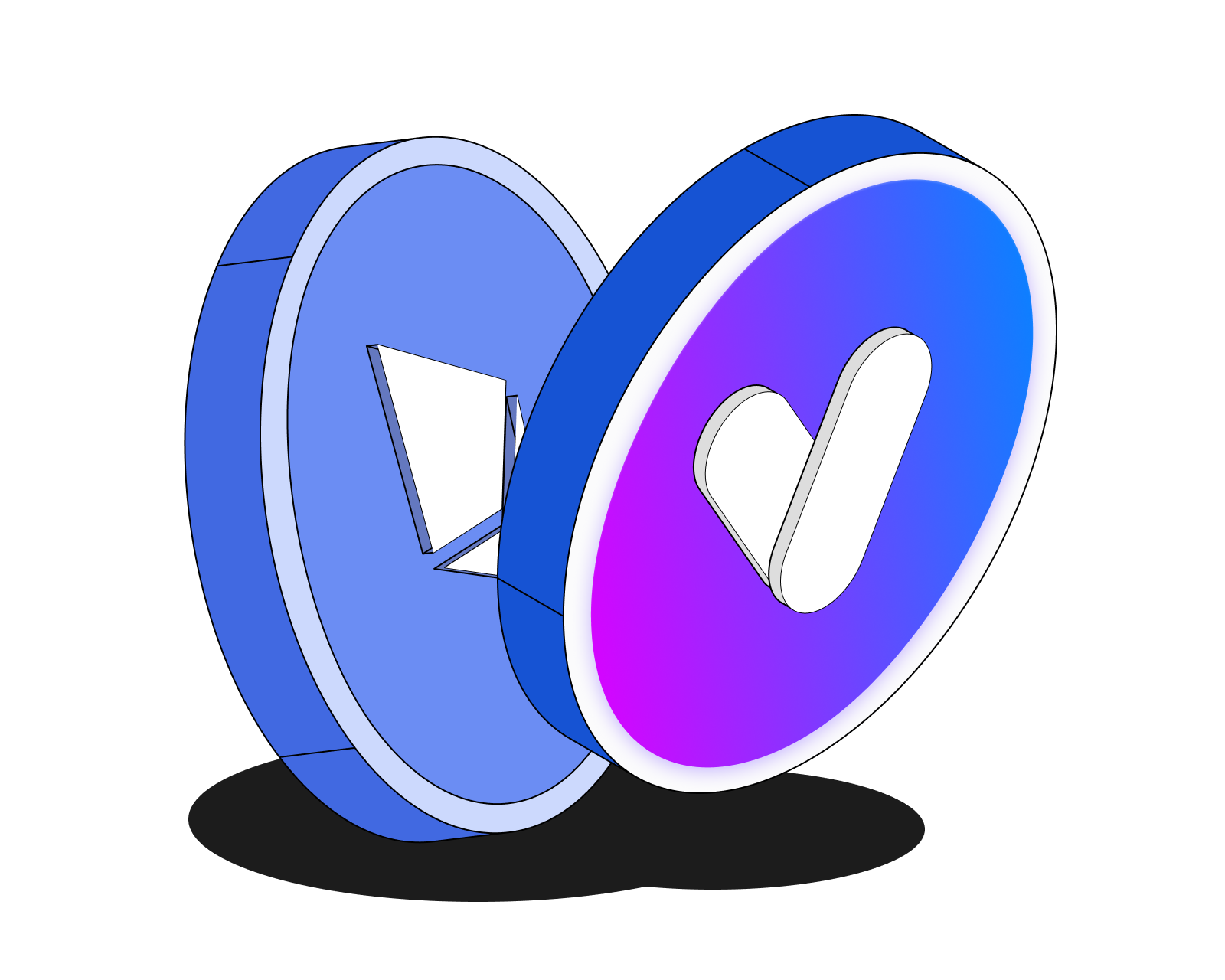
What's a dApp?
Discover what dApps are, how they work, advantages and disadvantages, and more.

What's a dApp?
Discover what dApps are, how they work, advantages and disadvantages, and more.
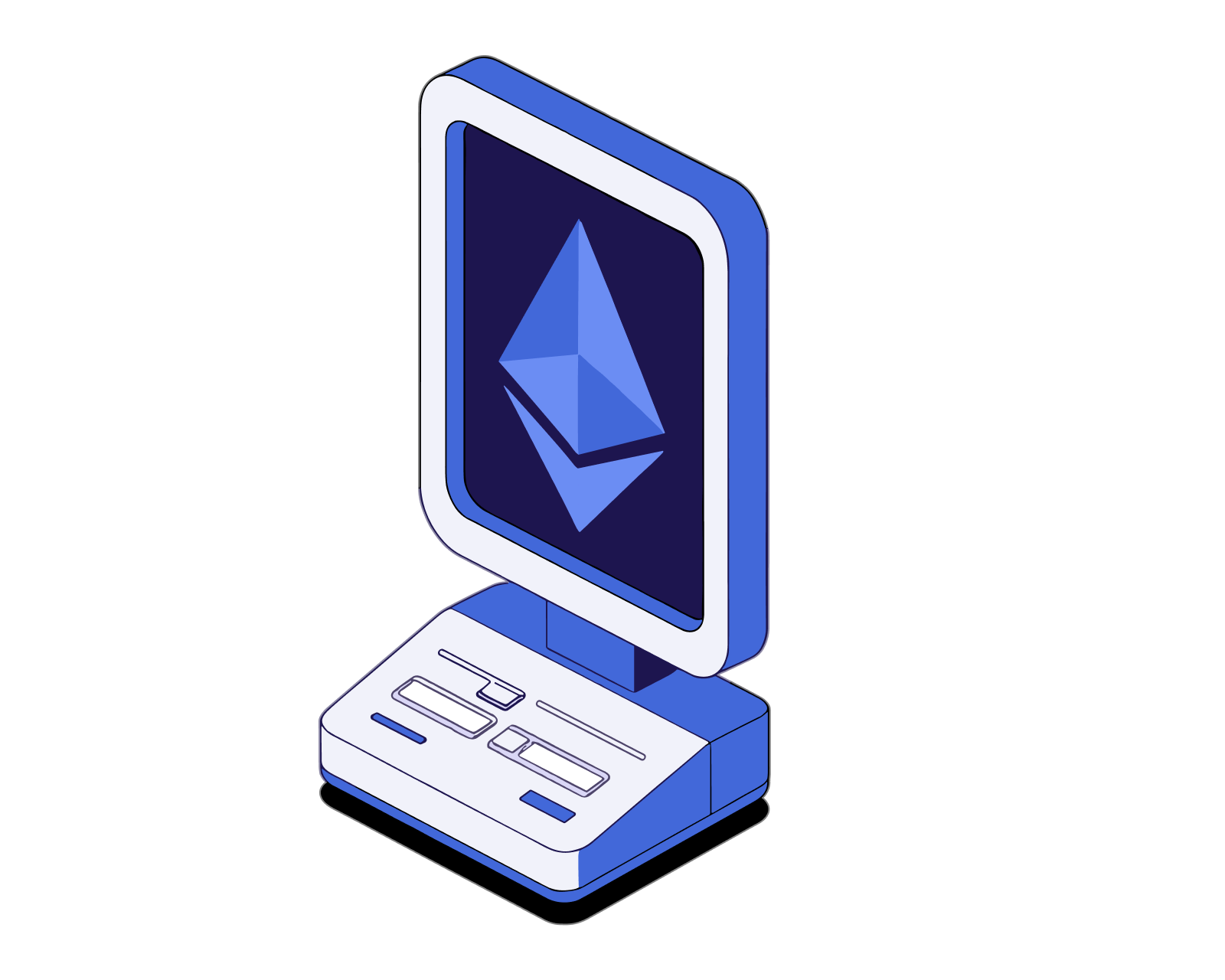
What is DeFi?
Learn what makes decentralized finance (DeFi) apps work and how they compare to traditional financial products.

What is DeFi?
Learn what makes decentralized finance (DeFi) apps work and how they compare to traditional financial products.
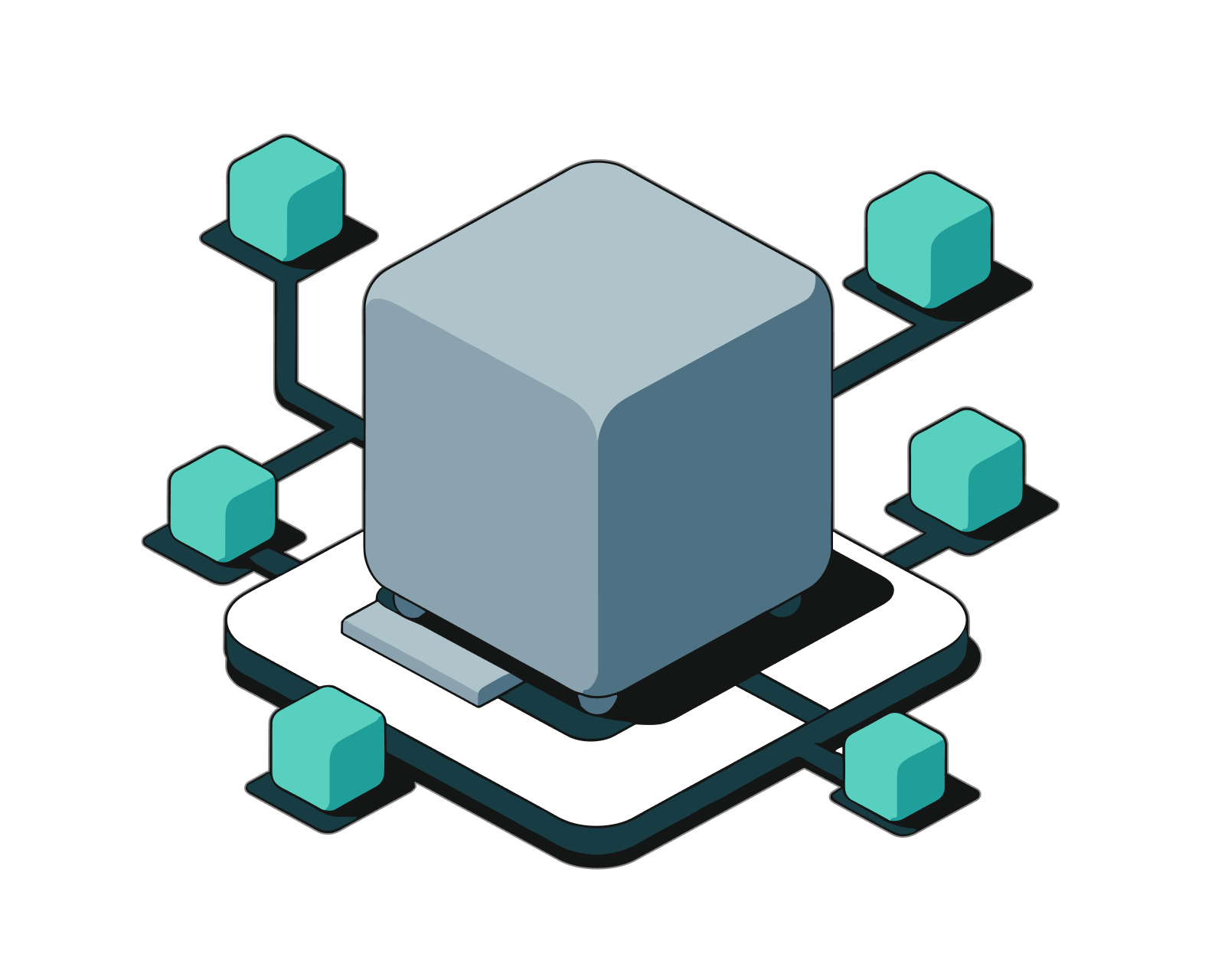
What is ETH gas and how do fees work in Ethereum?
Learn about the unit for measuring transaction fees in Ethereum, get details on the Ethereum fee market, and discover how to customize the fees you pay.

What is ETH gas and how do fees work in Ethereum?
Learn about the unit for measuring transaction fees in Ethereum, get details on the Ethereum fee market, and discover how to customize the fees you pay.
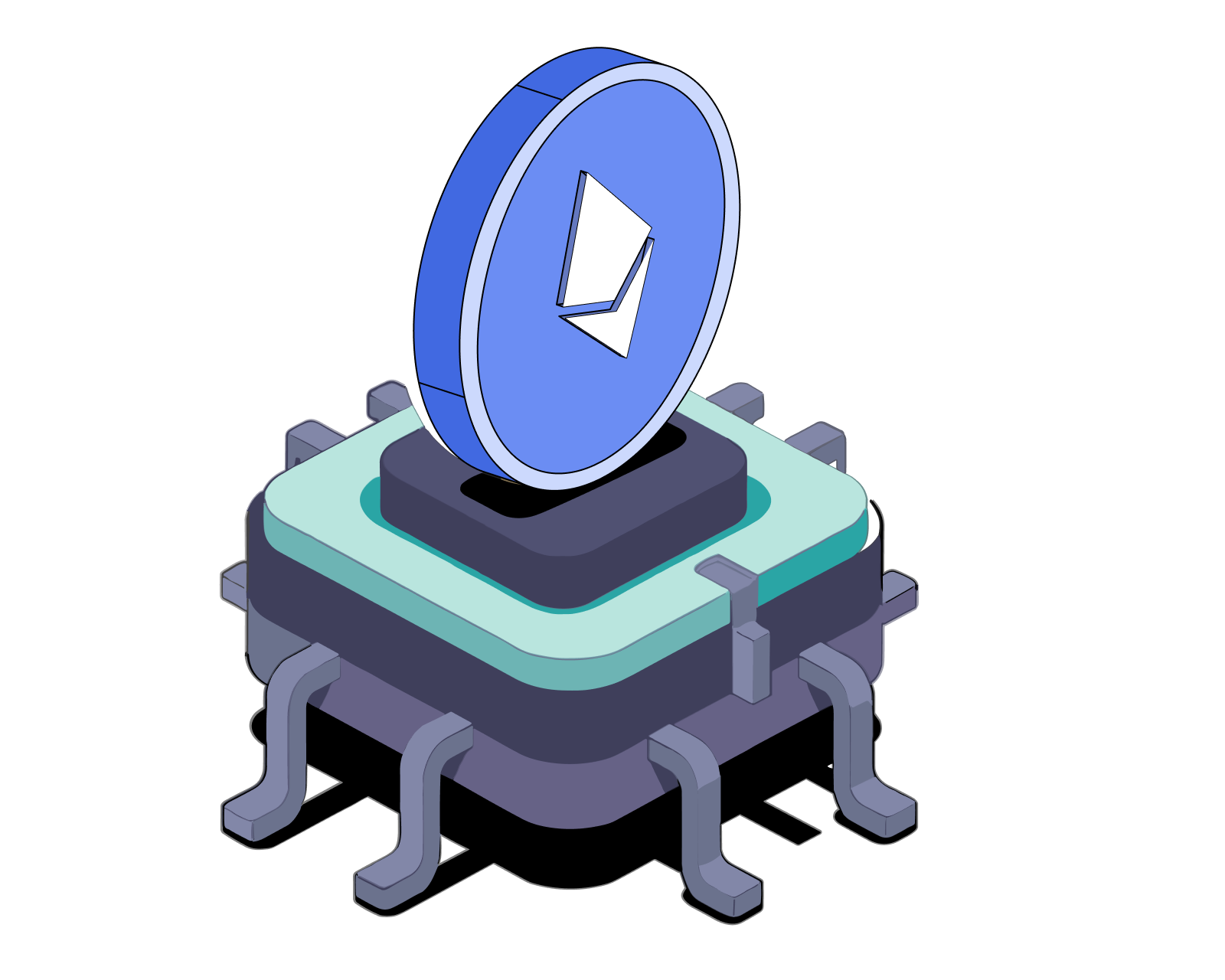
How to buy ETH
Learn how to buy ETH and hold it securely in a digital wallet you control.

How to buy ETH
Learn how to buy ETH and hold it securely in a digital wallet you control.
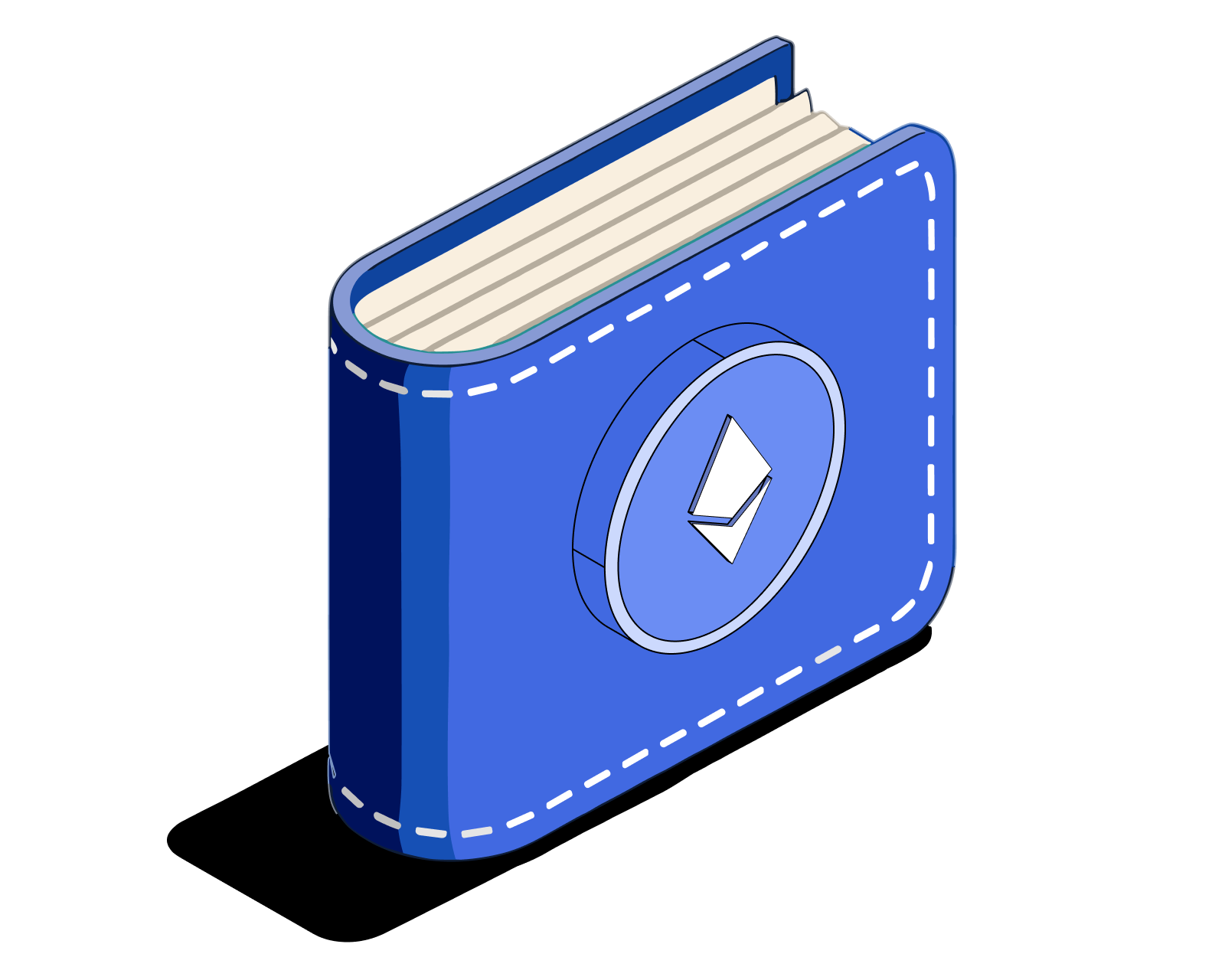
How to create an Ethereum wallet
Creating an Ethereum wallet is as easy as installing software on your mobile device or laptop/desktop.

How to create an Ethereum wallet
Creating an Ethereum wallet is as easy as installing software on your mobile device or laptop/desktop.
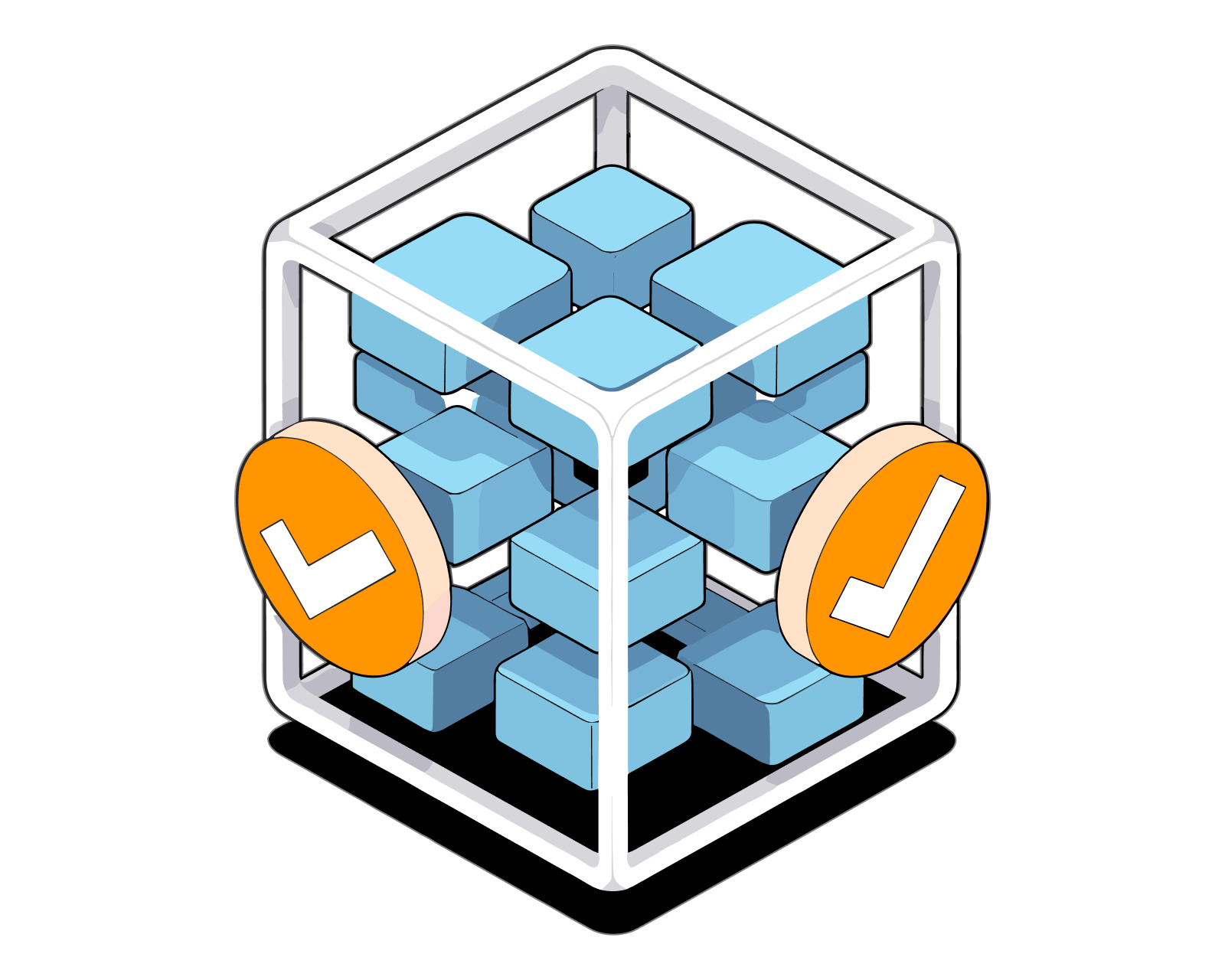
What is a confirmation
Find out about blockchain confirmations, why they are important, and more.

What is a confirmation
Find out about blockchain confirmations, why they are important, and more.
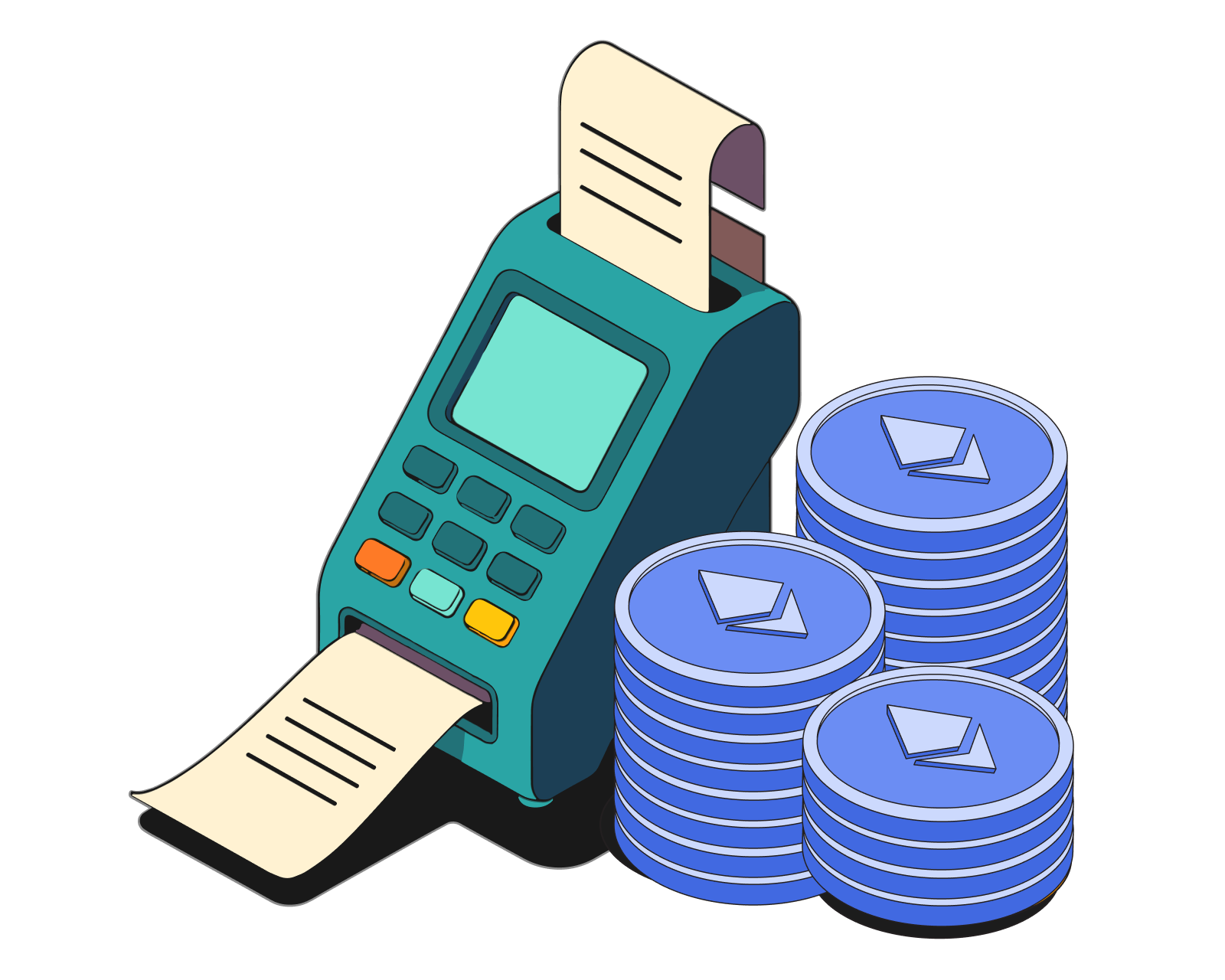
What is a token sale?
Token sales are an important part of the crypto ecosystem. Learn their ins and outs.

What is a token sale?
Token sales are an important part of the crypto ecosystem. Learn their ins and outs.
STAY AHEAD IN CRYPTO
Stay ahead in crypto with our weekly newsletter delivering the insights that matter most
Weekly crypto news, curated for you
Actionable insights and educational tips
Updates on products fueling economic freedom
No spam. Unsubscribe anytime.
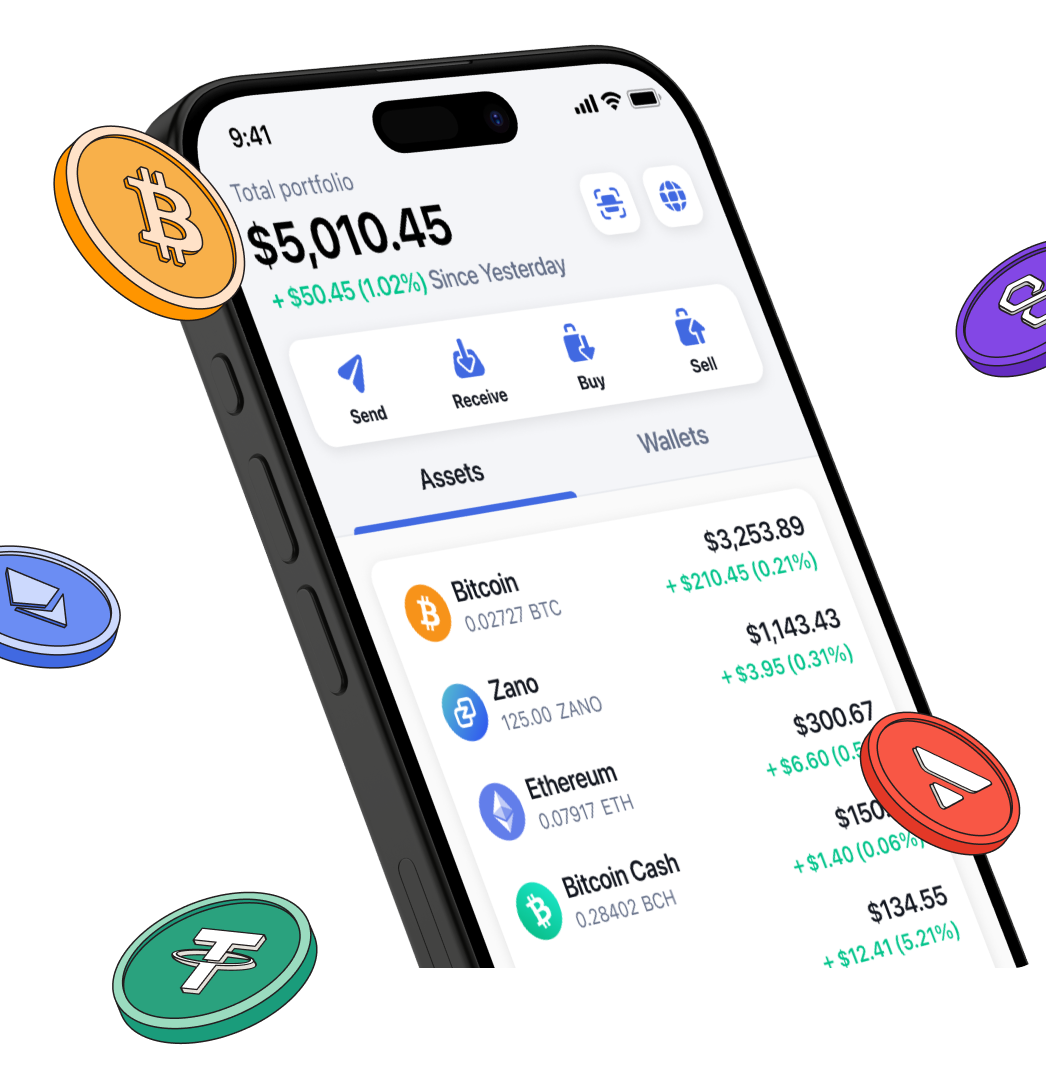
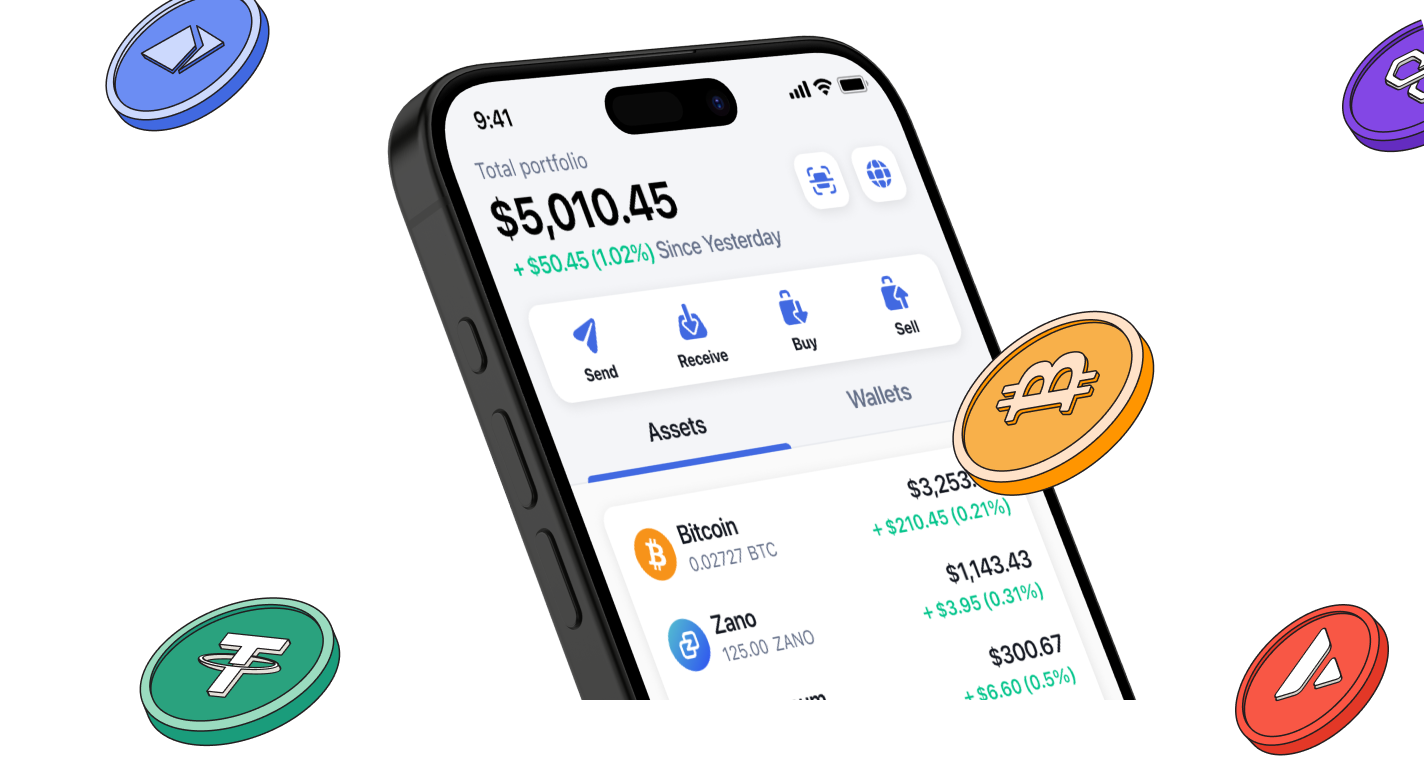
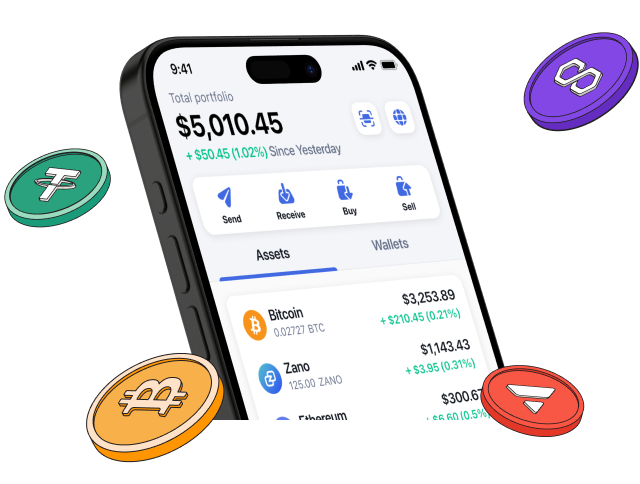
Start investing safely with the Bitcoin.com Wallet
Over wallets created so far
Everything you need to buy, sell, trade, and invest your Bitcoin and cryptocurrency securely

© 2026 Saint Bitts LLC Bitcoin.com. All rights reserved


